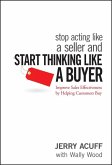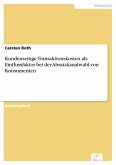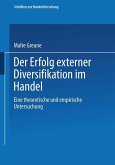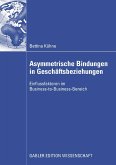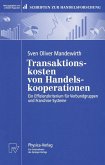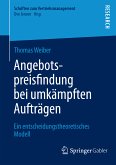In marketing research, industrial buyer-seller relationships are frequently analyzed by Transaction Cost Economics (TCE). The TCE rationale tends to emphasize the benefits of reduced flexibility in relationships. Institutional safeguards are recommended in order to protect against behavioral uncertainty thereby simultaneously reducing flexibility. Nevertheless, this perspective largely disregards the value of greater flexibility in the presence of environmental uncertainty. Due to environmental change, "better" outside options can emerge requiring flexibility to react. Consequently, a flexibility trade-off emerges when relationships are affected by both behavioral and environmental uncertainty. Ellen Roemer analyzes the flexibility trade-off in buyer-seller relationships. She investigates how relationships should be managed when there is behavioral and environmental uncertainty. TCE, real options analysis, and Austrian economics are used to explore the flexibility trade-off. By extending traditional TCE by real options analysis, an optimum degree of flexibility can be determined.
Dieser Download kann aus rechtlichen Gründen nur mit Rechnungsadresse in A, B, BG, CY, CZ, D, DK, EW, E, FIN, F, GR, HR, H, IRL, I, LT, L, LR, M, NL, PL, P, R, S, SLO, SK ausgeliefert werden.




